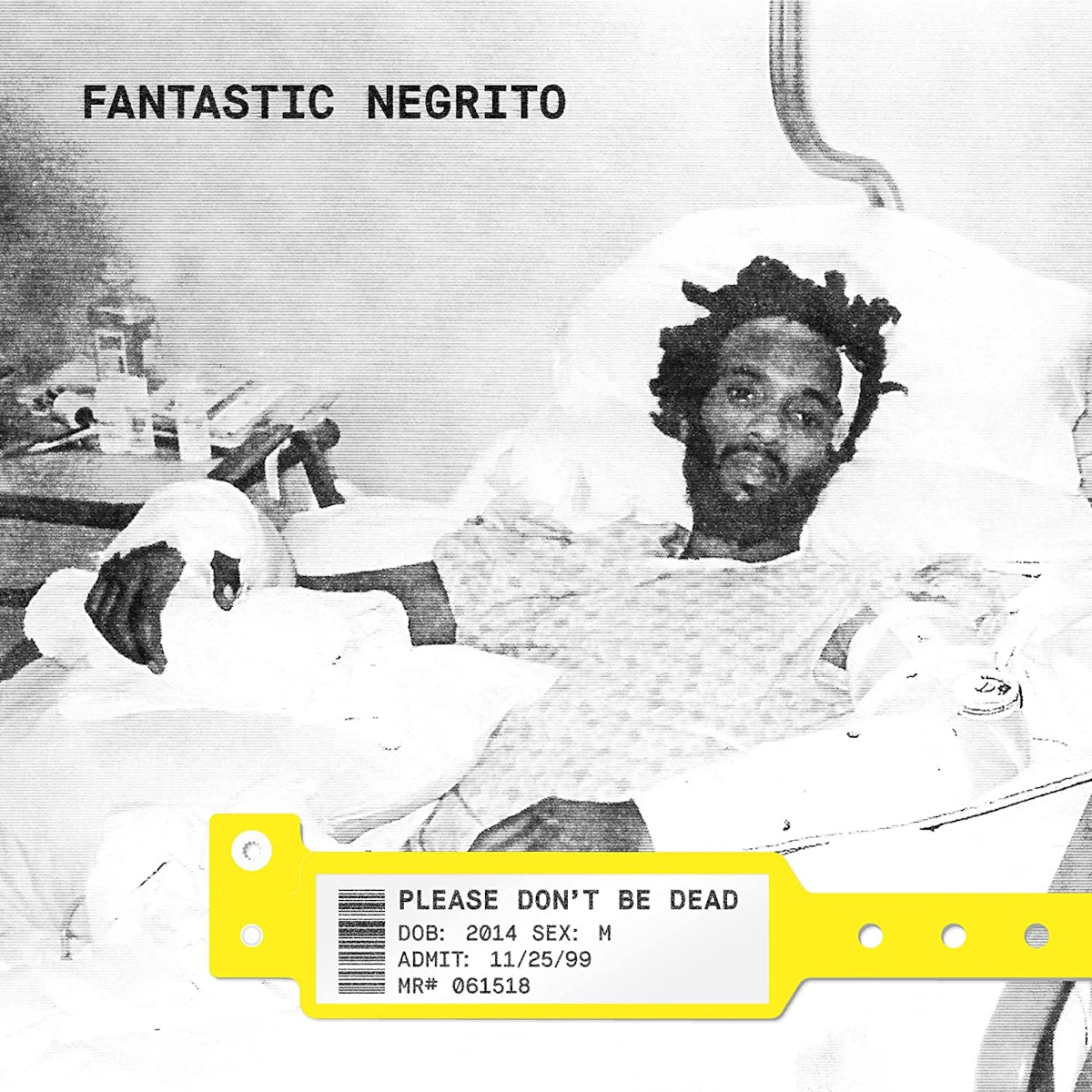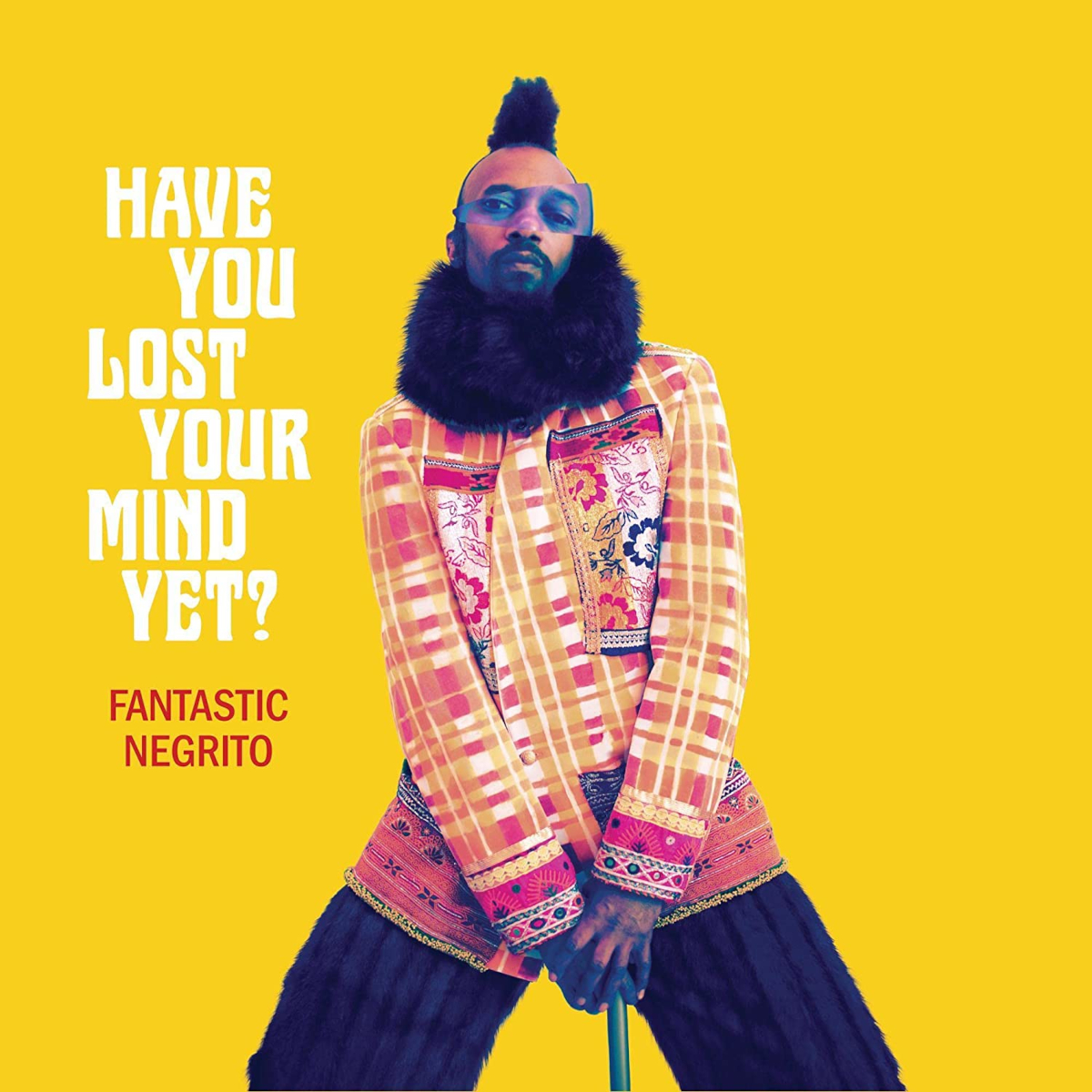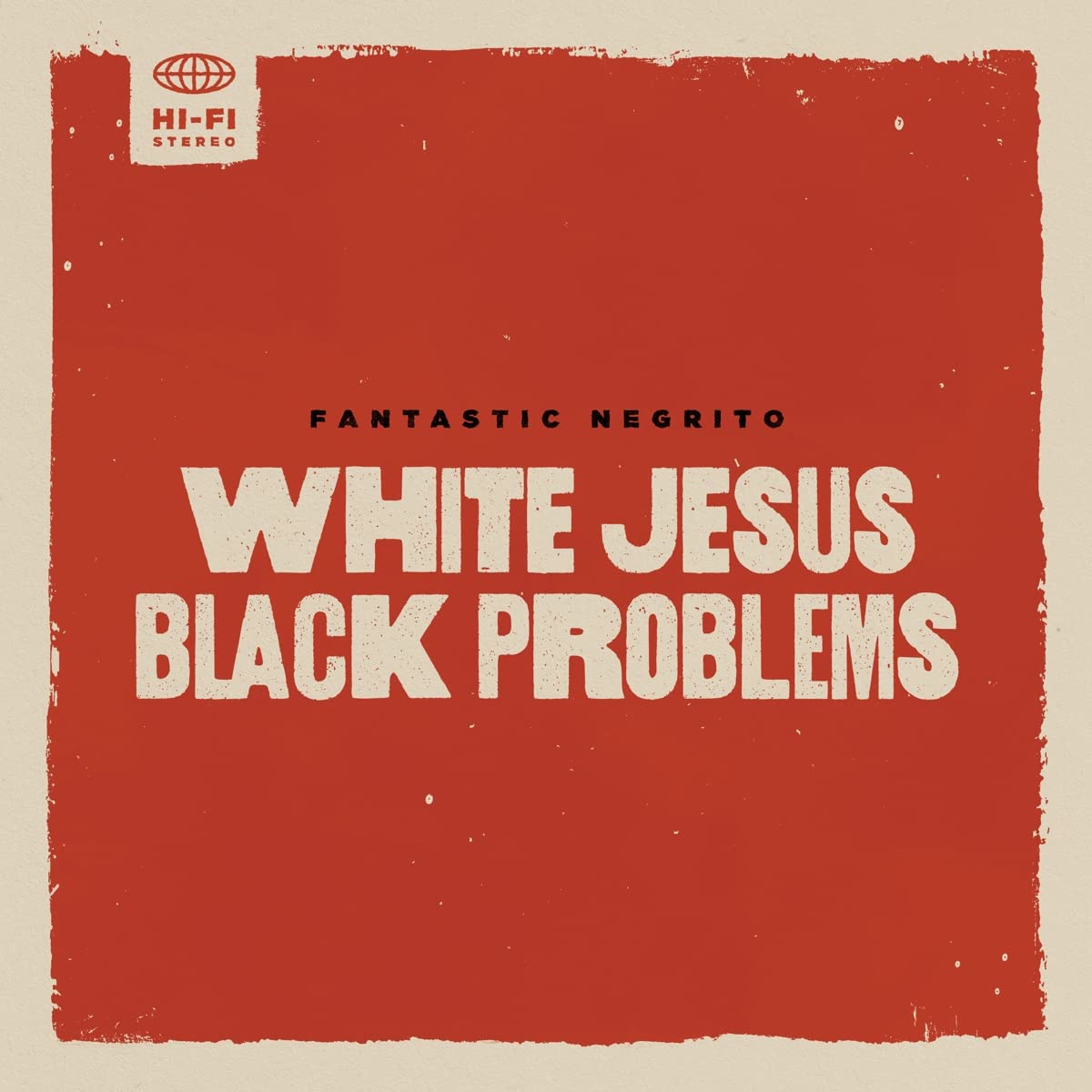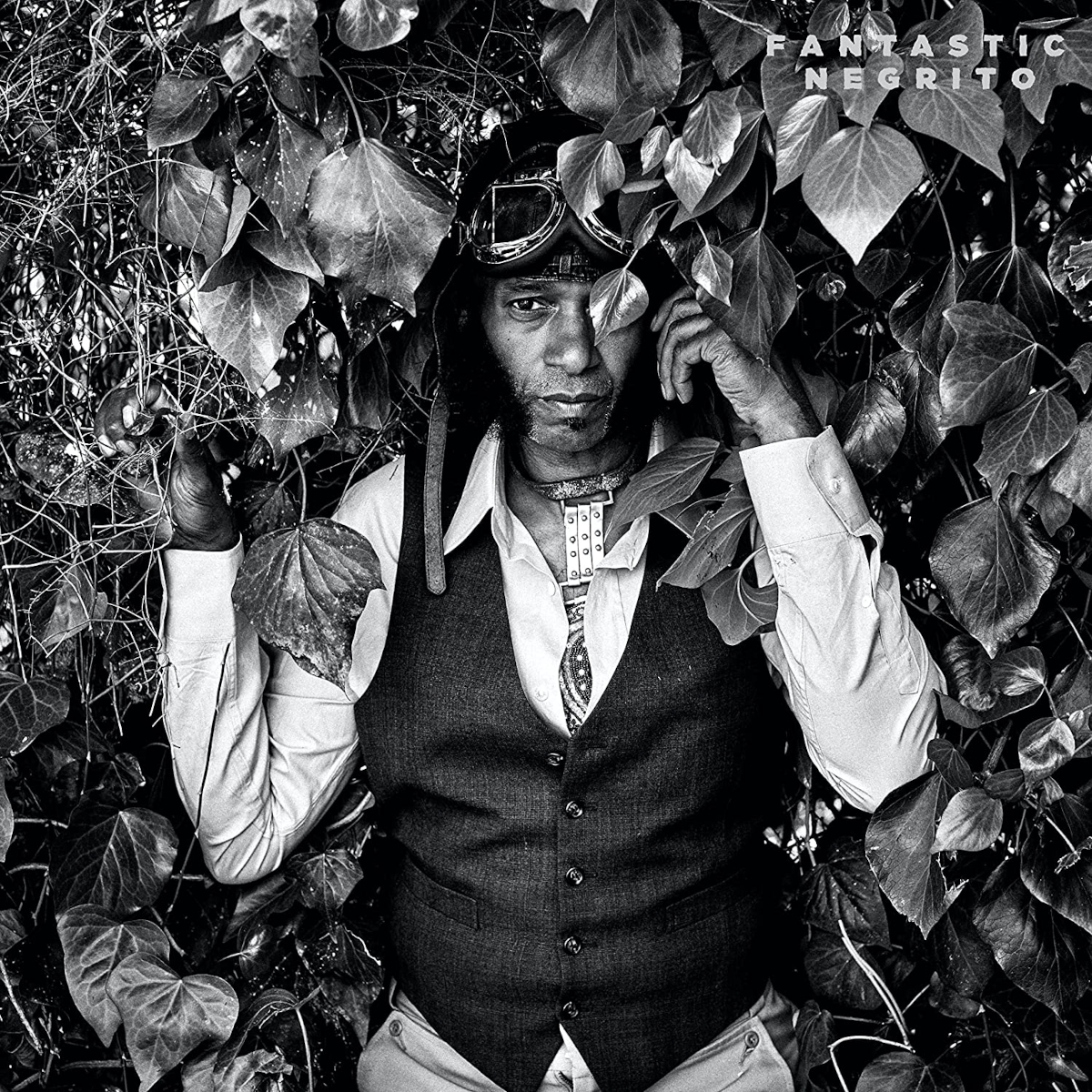“I Started Channeling My Black Roots – My Ancestry”: Fantastic Negrito Talks Rediscovering the Old Blues Greats
How the Grammy-winning maverick cheated death and became one of blues’ biggest innovators

***The following appeared in the September 2020 issue of Guitar Player***
In the run-up to his 2018 album, the game-changing Please Don’t Be Dead, Fantastic Negrito had a Chuck Berry moment. He wanted to write a song with the same irresistible impact of Berry’s indomitable classic “Johnny B. Goode” and came up with “Plastic Hamburgers.”
Man, that riff comes from the blues tradition. That’s something you just can’t deny, no matter who you are
Fantastic Negrito
Ostensibly, the two songs are very different – the latter fuses plantation-era Mississippi and cutting-edge Oakland, California, in a way that would have been unavailable to Berry. But as Fantastic Negrito explains, they have in common something central to all the most enduring, irresistible treasures of rock and roll.
“The riff!” the man born Xavier Amin Dphrepaulezz says with a smile. “Man, that riff comes from the blues tradition. That’s something you just can’t deny, no matter who you are.
"I remember being in Norway [for a show]. I thought, Man, let’s start off with that song, ’cause in Norway they seemed really reserved. But when we started off with that, it was like, Woah! And I thought, There’s that universal riff. That’s my version of Johnny B. Goode.”

Dphrepaulezz’s music is as dynamic and densely packed with twists as his life, which began in an orthodox Muslim household in Massachusetts, where he was one of 14 kids.
All the latest guitar news, interviews, lessons, reviews, deals and more, direct to your inbox!
His family moved to Oakland, where his strict upbringing jarred with the hip-hop, punk, funk and classic rock he was being exposed to
Trips to see family in rural Virginia provided his initial exposure to the blues, but at that time it didn’t sink in.
When he was 11, his family moved to Oakland, where his strict upbringing jarred with the hip-hop, punk, funk and classic rock he was being exposed to. “It was all a big mash in my head,” he says, “I didn’t care what it was, as long as it was great.”
The music’s impact was such that he ran away from home at 12 and began a life of hustling, drug dealing and sleeping in abandoned cars, wearing whatever outlandish threads he could scrape together, and sneaking into UC Berkeley practice rooms to teach himself piano.

People thought he was strange, but in some ways his childhood had prepared him for that.
“My mom was, what, 33 years younger than my dad,” he says. “My dad [a Somali-Caribbean immigrant] was born in, like, 1905. So yeah, I was quite the outcast. It was okay. That happened and things happen. I don’t hold anything against them.
After moving from Oakland to Los Angeles, Dphrepaulezz got a deal with Prince’s management, then suffered a car crash that left him in a coma for three weeks
“What I’ve learned through my dad is that everybody’s going through something. It helps me not judge people as much. Why’s this person being a complete ass? Maybe they’re going through something. Maybe they had a particular upbringing. It makes me cut people a break.”
After moving from Oakland to Los Angeles, Dphrepaulezz got a deal with Prince’s management, then suffered a car crash that left him in a coma for three weeks. He stopped making music and returned to Oakland to start the artist collective Blackball Universe, co-founded with his friend Malcolm Spellman, a writer for the Empire TV show.

He didn’t make his own music for about five years, but his Blackball colleagues kept asking him, “What do you really wanna do?” “And I said, ‘Well, I love that blues shit,’” Dphrepaulezz recalls.
Now in his 40s, he rediscovered the old blues greats that his grandparents and great-uncles had played for him in rural Virginia all those years ago.
There’s something strange about being a black American. I think we’re probably one of the most musically innovative groups of people in the world
Fantastic Negrito
The music of Skip James, Robert Johnson, R.L. Burnside and Elmore James began to feature heavily in his life.
“I loved this music,” he says. “I thought, Fuck everybody. Who cares? I started channeling my black roots – my ancestry.
“There’s something strange about being a black American,” he continues. I think we’re probably one of the most musically innovative groups of people in the world, but we have a very short memory. The community I come from, they don’t know who Robert Johnson is. They don’t know Skip James.
“But when people ask me about Fantastic Negrito, I get to say those names. And maybe some kids will pick ’em up and get inspired.”

Visit Fantastic Negrito’s website for more information.
Guitar Player is the world’s most comprehensive, trusted and insightful guitar publication for passionate guitarists and active musicians of all ages. Guitar Player magazine is published 13 times a year in print and digital formats. The magazine was established in 1967 and is the world's oldest guitar magazine. When "Guitar Player Staff" is credited as the author, it's usually because more than one author on the team has created the story.
